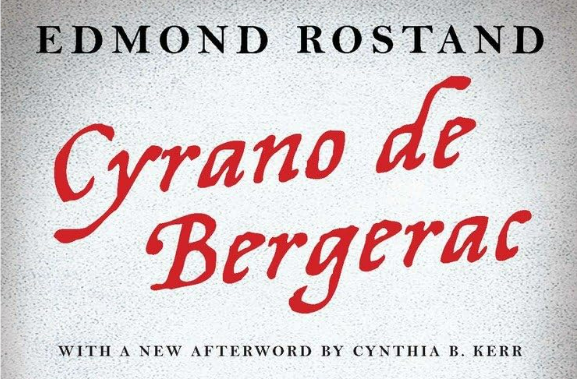Scene 3. XI.
byScene 3. XI. opens with a moment of theatrical brilliance, where Cyrano fearlessly stages an outlandish interruption to prevent De Guiche from reaching Roxane too soon. His leap from above, disguised as a cosmic mishap, instantly shifts the tone of the scene from suspenseful to bizarrely entertaining. This act is not merely a trick; it is a calculated performance rooted in love, loyalty, and a desire to orchestrate time for the young couple to bond uninterrupted.
As Cyrano begins recounting his “descent from the moon,” the setting is cleverly transformed into a playground for his imagination. His descriptions are rich with absurd science, such as catching vapor to ascend or bouncing off stars to travel. These fanciful claims, though clearly fictional, are delivered with such confidence that even a sharp-minded noble like De Guiche becomes momentarily unsure whether he’s being mocked, lectured, or hypnotized by genius.
Inserting historical context, it’s worth noting that during Cyrano’s era, lunar travel was a literary obsession, explored in works like The Man in the Moone by Francis Godwin (1638). Cyrano’s tale plays off this fascination, using the audience’s awareness of the era’s speculative science as part of the humor. The character’s storytelling reflects Enlightenment-era curiosity, where intellect and fantasy often intertwined in satire, showing Rostand’s clever use of period awareness to deepen the comedy.
As the moon journey continues, Cyrano escalates his deception by naming several outlandish flying machines. He describes methods involving magnets, crystal vials, firecrackers, and animal anatomy, each more ludicrous than the last yet described with a scholar’s flair. These inventions serve not only as comedic fodder but also subtly critique the overconfidence of contemporary scientific thinkers of the 17th century.
The keyword Scene 3. XI. reveals how deception is used not out of malice but as a tool of love. Cyrano stalls De Guiche with poetic nonsense, but the intent is sincere: to protect a moment of happiness for his dear friend. It’s this selflessness—hidden beneath layers of wit—that transforms the scene into a testament to Cyrano’s depth of character and emotional generosity.
While the comedic energy is high, the heart of the moment lies in Cyrano’s commitment to facilitating a romance he wishes he could claim for himself. Instead of envy or bitterness, he channels his feelings into elaborate theatrics, using his intellect as a gift rather than a weapon. In doing so, Cyrano elevates trickery into an art form, where every flourish of speech masks quiet heartbreak and heroic restraint.
De Guiche, though increasingly irritated, cannot fully detach from the spectacle. He listens, perhaps out of politeness, or perhaps drawn by an unconscious admiration for Cyrano’s mind. Even as he prepares to leave, visibly flustered, there’s a flicker of fascination in his reaction—a hint that Cyrano’s words have taken root in his thoughts.
In the broader narrative arc, this encounter becomes a metaphor for how perception can be molded by words. Cyrano builds an alternate reality so convincingly that truth itself becomes slippery, showcasing language as both shield and sword. This reminds the audience of the recurring theme in Cyrano de Bergerac: that reality, when filtered through emotion and intellect, becomes something far more powerful than mere facts.
Scene 3. XI. also enriches the play’s pacing by offering a vibrant pause—humor diffuses the tension, and audiences are treated to a masterclass in improvisation. The exaggerated tale momentarily halts the looming military and romantic pressures, allowing both characters and viewers to breathe. Yet beneath the amusement lies urgency, as Cyrano’s story buys just enough time to serve its purpose.
Finally, Cyrano’s grand performance concludes not with triumph but with quiet satisfaction. He has succeeded, not by force, but by wit alone. The audience, aware of his sacrifice, sees not a fool who fell from the moon, but a poet who soared through heartbreak to protect love he could never claim.


